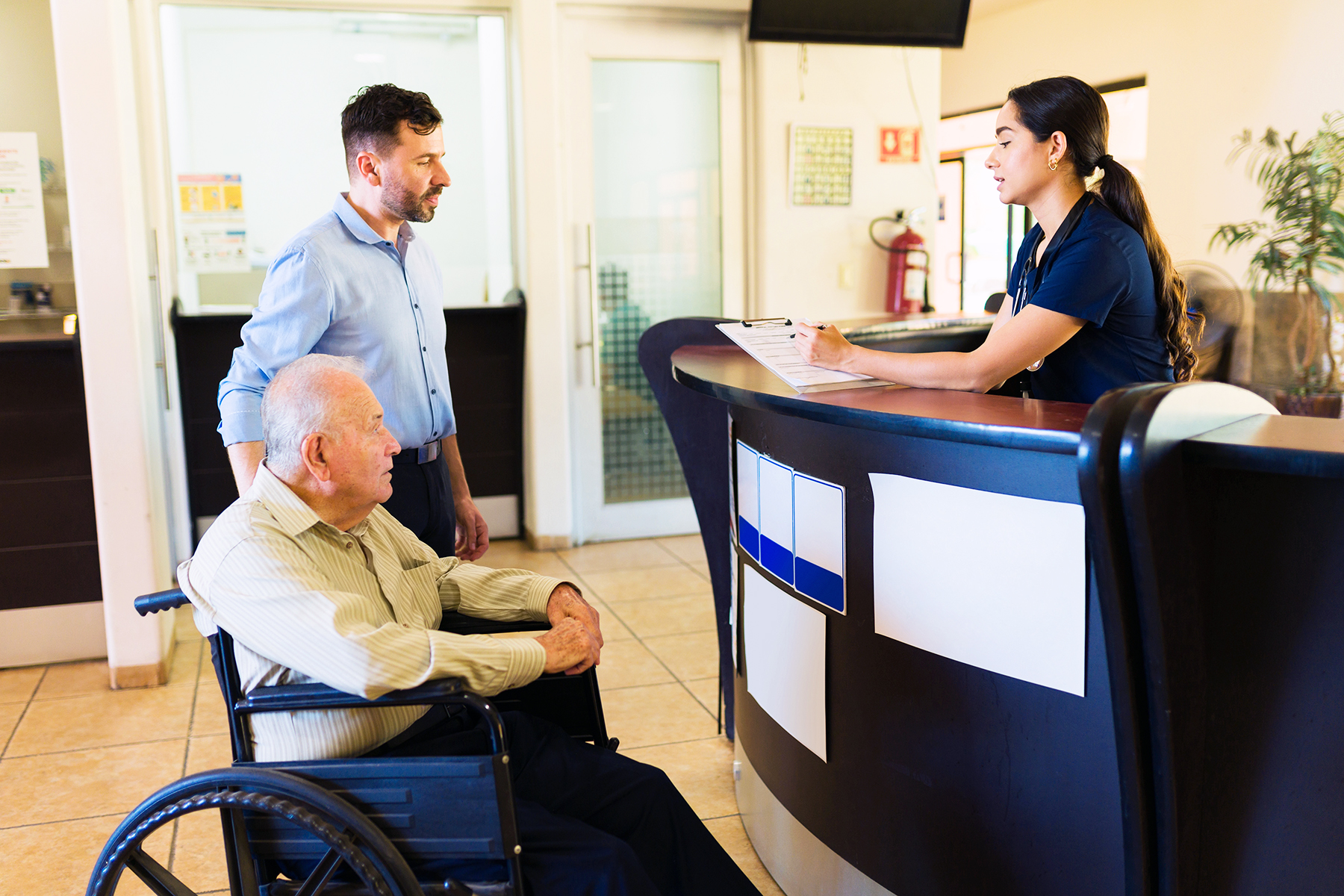
Investigations are often triggered by a resident, family or representative’s complaint or grievance OR an unwitnessed/witnessed occurrence.
The goal is to determine if maltreatment occurred and identify the root cause.
A concern/occurrence may include but not limited to: resident-to-resident altercations; falls; bruises; skin tears; sudden change in resident mood or behavior; equipment malfunction; not following care plan; staff neglect; suspicion of financial exploitation; observations of staff or resident misconduct (sexual, physical, emotional).
Maltreatment Defined:
The Centers for Medicare & Medicaid Services (CMS) defines maltreatment as any act or failure to act that results in harm, potential harm, or threat of harm to a person. This can include abuse, neglect, exploitation, or any other form of mistreatment. Maltreatment can occur in various settings, including healthcare facilities, and can be perpetrated by caregivers, staff, or other individuals.
It’s essential to gather information as soon as possible from resident, staff, and others when an occurrence is reported.
To identify details ASAP to determine if someone is endangered and to determine immediate action steps if necessary.
STEPS TO A THOROUGH INVESTIGATION
> Ensure resident is safe
> Remove the suspected offender ASAP
> Report to Administrator/Director of Nursing iImmediately
> Interview the resident and other residents potentially affected
> Interview the staff
Time is of the essence to determine if the care plan was followed, if potential maltreatment occurred or if there was any resident neglect. Have preprinted interview forms in an easily recognizable folder or binder that explains the procedure for front line staff to gather initial facts.
> Did the resident show any changes in mood or behavior?
> Did the resident appear to be in pain or discomfort?
> Was the resident holding a body part?
> Did you notice any redness, bruising on any body part?
> Did you notice any type of swelling upon visualization?
> Was resident noted with an unusual appearance (disheveled, clothing not on correctly)?
> Any unusual mood or behavior(s) noted by family or visitors?
> Has the resident had recent lab work or procedure?
> Any signs or symptoms of infection (i.e., not eating, cough, respiratory sx, blood in urine, back/flank pain, lethargic)?
> Has the resident had a recent fall?
> Change in any medications?
> Any subjective/objective signs or symptoms of pain or discomfort?
> When was the last time toileted, last BM, complaints of nausea?
> Resident refusing food or fluids?
> Potential environmental considerations (temperature, wet floor, table height, floor mats, etc..)?
> Potential equipment issues – new use or potential issues, use of mechanical lift, wheelchair, walker, etc..?
> If the resident has a roommate, ask if roommate overheard or saw anything.
If there is potential for other residents being affected – interview a sample of residents on the unit to see if they feel safe, if their preferences are being honored, and do they feel they are being treated with dignity and respect.
Staff Interviews (A nurse (if on duty) should ask nurse aides questions regarding the residents.)
> Use a form for front line staff to complete, it is sometimes better to ask the staff to give their side of the story versus using preemptive questions that may not open further dialogue about facts that may help with the investigation.
> It may be necessary to call staff to get any insight from previous shifts.
> Ask open ended questions “tell me what happened”. Note date and time of interview.
> Facility leadership to determine if an initial report to OHFC/MAARC is needed.
> The IDT will have a start on investigation when interviews are performed immediately after identification of potential maltreatment or grievance concern.
> The team needs to meet ASAP to review the incident.
> Together the team will review ALL the information- review the interviews, what additional information needs to be obtained.
> Are additional calls to staff needed? What additional staff and/or residents?
> Ensure that the person performing the interview signs and dates when documenting.
> Review if resident representative and provider were notified.
> Work with HR if staff were suspended pending investigation.
Kris Ross, RN
Director of Clinical Services
For more information contact
consult@srcaresolutions.net























